Introduction
How To Use
- Epoetin alfa is given as an injection under the skin or into a vein as directed by the doctor, usually 1 to 3 times a week.
- Take epoetin alfa regularly to get the most benefit from it.
- To help remember, take epoetin alfa at the same time.
- Quantity is based on your medical condition and response to treatment.
- Do not increase your quantity or take this product more often than directed.
Expert Advice
Do not increase the quantity than prescribed by the doctor. If the condition persists or worsens, or if you think you may have a serious medical problem, get medical help right away. Do not flush epoetin alfa down the toilet. Keep epoetin alfa out of the reach of children. Store the epoetin alfa at room temperature. Keep epoetin alfa away from sunlight.
Primary Uses
Anemia
Indications
This medicine can be used for anaemia associated with chronic (long term) renal failure in haemodialysis (a process to clean the blood due to kidney failure).
Side Effects
Side effects of epoetin alfa include:
- Nausea/vomiting
- Yellowing eyes/skin
- Vision changes
- Trouble sleeping
- blood clots
- Rapid breathing
- Chest/jaw/left arm pain
- Unusual sweating
- Trouble speaking
- Weakness on one side of the body
- Blood clots
- Fainting
- Severe dizziness
- Rash
- Trouble breathing
- Itching
- Swelling.
Warnings
 Pregnancy
Pregnancy
Consult your doctor before using epoetin alfa during pregnancy for a better analysis.
 Lactation
Lactation
Consult your doctor before using epoetin alfa during lactation for a better analysis.
 Driving
Driving
Its use has shown a risk of drowsiness; therefore avoid using it while driving.
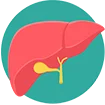 Liver
Liver
Consult your doctor before using epoetin alfa for a better analysis if you have liver disease.
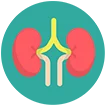 Kidney
Kidney
Consult your doctor before using epoetin alfa for a better analysis if you have kidney disease.
 Alcohol
Alcohol
The use of alcohol should be limited or avoided while using epoetin alfa.
 Precautions
Precautions
Patients who are allergic to epoetin alfa or any of its components should consult the doctor before taking it. If taking any vitamins, nutritional supplements, and herbal products are taken then consult the doctor before using epoetin alfa. If any sort of swelling is experienced, consult your doctor immediately. Using epoetin alfa, especially in high concentrations, might result in severe pain.
Contraindications
This medicine should not be used in patients who have uncontrolled hypertension (high blood pressure), Severe coronary disease (heart disease) , Peripheral arterial disease (disease of blood vessels).
FAQS
What kind of patients does epoetin alfa cater?
The medicine is prescribed in conditions where anemia results secondarily to some other condition. For example, it is used to treat anemia in patients undergoing dialysis and chemotherapy for cancer.
What side effects most commonly come with this medicine?
Fever, nausea and high blood pressure are very common side effects, that go away within 10 days. But if they persist, inform your doctor right away and get the necessary treatment done.
What is the right method to use this medicine?
It is given as an injection (under the skin) and under the supervision of a health care professional.
What happens if the product inside the syringe expires?
If the liquid shows any colour or if particles are observed floating, do not use the medicine; this shows it has expired.
How are we supposed to store epoetin alfa?
Epoetin alfa is supplied as a prefilled syringe, that is supposed to be kept in a refrigerator and brought to room temperature for approximately 30 minutes before it is used. Avoid interaction with ultra-violet light.
Disclaimer
Dawaai’s intention is to make sure that it’s consumers get information that is accurate, reviewed by an expert and error-free. However, the information mentioned here should not be used as a replacement for the advice of a qualified physician. The information given here is for informational purposes only, which may not cover all possible precautions, side effects, contraindications or drug interactions. Consult your doctor and discuss your queries related to any medicine or disease.


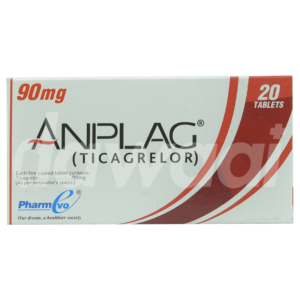

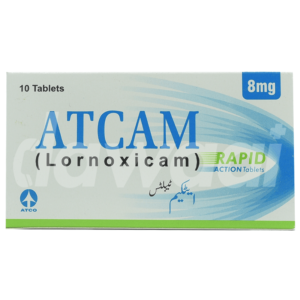
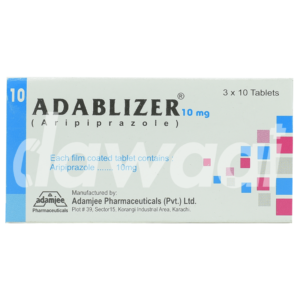
Reviews
There are no reviews yet.